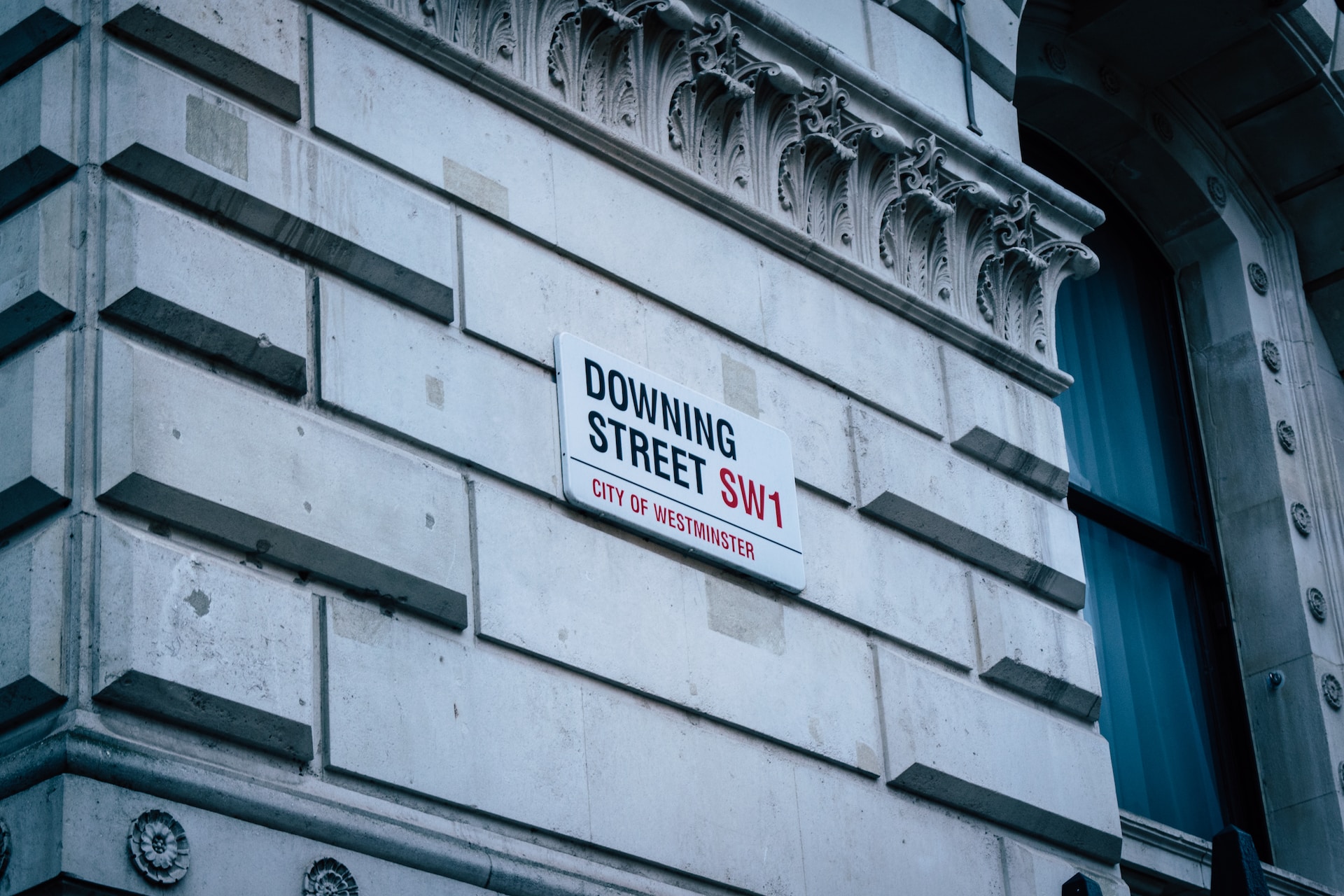
The UK Government is considering delaying the planned increase in the state pension age due to a decrease in life expectancy and difficulties in justifying the change.
The state pension age is currently 66 and was set to rise to 68 by the mid-2040s. Chancellor Jeremy Hunt was considering bringing forward the increase, as recommended by an independent review in 2017.
However, there is now an “emerging consensus” among key cabinet members that the decision should be postponed until after the next election, expected in 2024.
This delay could have political benefits for the Conservative Party as it seeks to overcome a significant poll deficit and avoid alienating core voters in their 50s.
Former pensions minister Steve Webb noted that people in their 50s are likely swing voters and that bringing forward the state pension age could upset this group, especially since the changes will likely impact their near future.
He also warned that a change could trigger a rebellion among Tory MPs.
The decrease in life expectancy in the UK has undermined the government’s justification for increasing the retirement age and made it difficult for the Chancellor to justify the political cost of the policy.
A final decision on the government’s approach to the state pension age has yet to be made, and changes to the policy remain possible.
Read more about the state pension age review on the .gov site
Is it ever too later to start a pension read more here
The government has until May to publish and respond to the recommendations from a new independent review of the state pension age submitted by Baroness Neville-Rolfe.
Former Prime Minister David Cameron faced criticism for handling changes to the retirement age. The Conservative Party has promised to give the public ten years’ notice before the age rises.
The 2017 review was based on data from 2014 and was impacted by the pandemic, which accelerated the unwinding of the life expectancy argument for raising the state pension age.
Steve Webb noted that, by 2018, life expectancy at retirement had dropped by two years compared to the previous review and that all of the improvements that had been expected did not happen.
